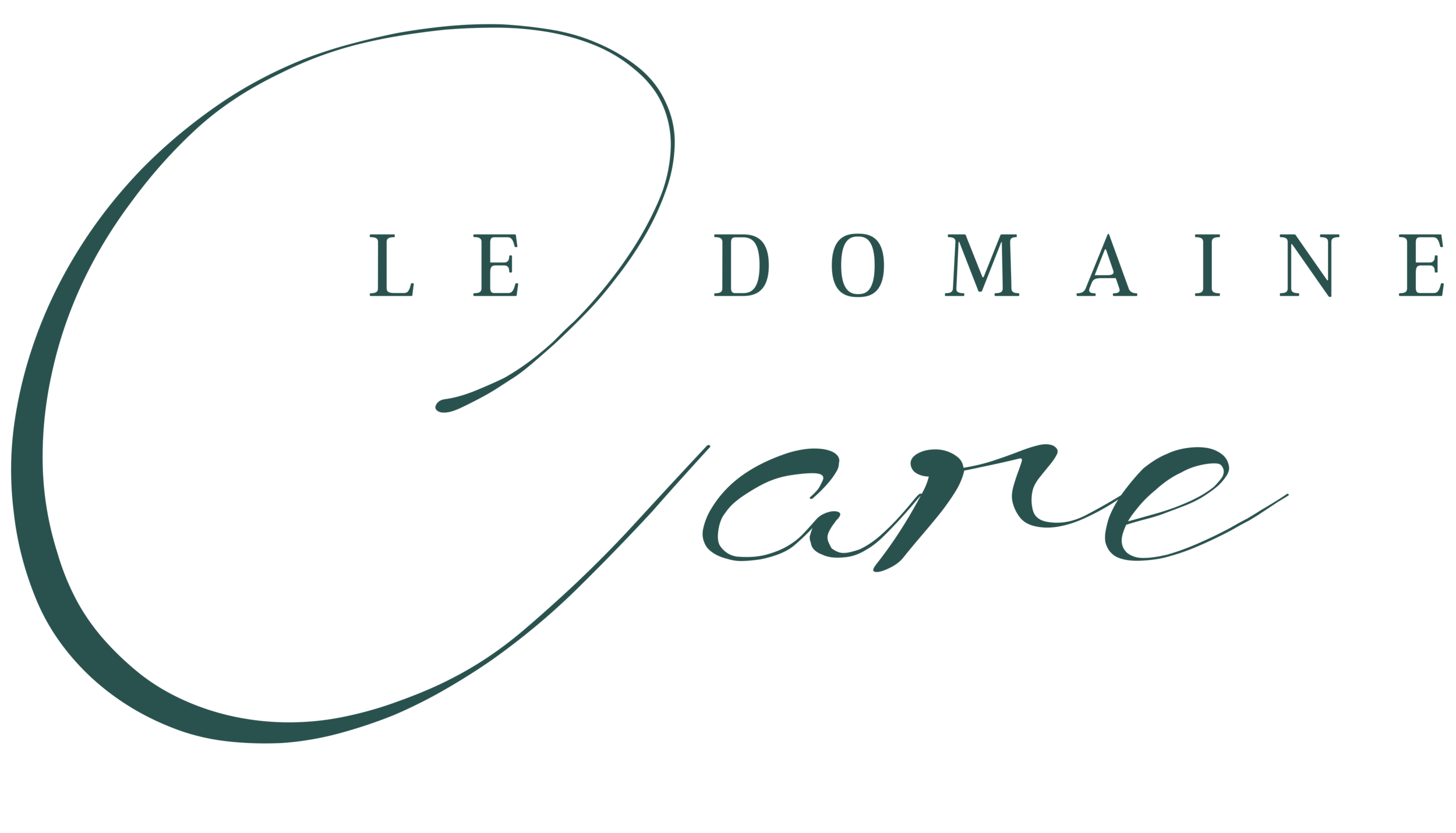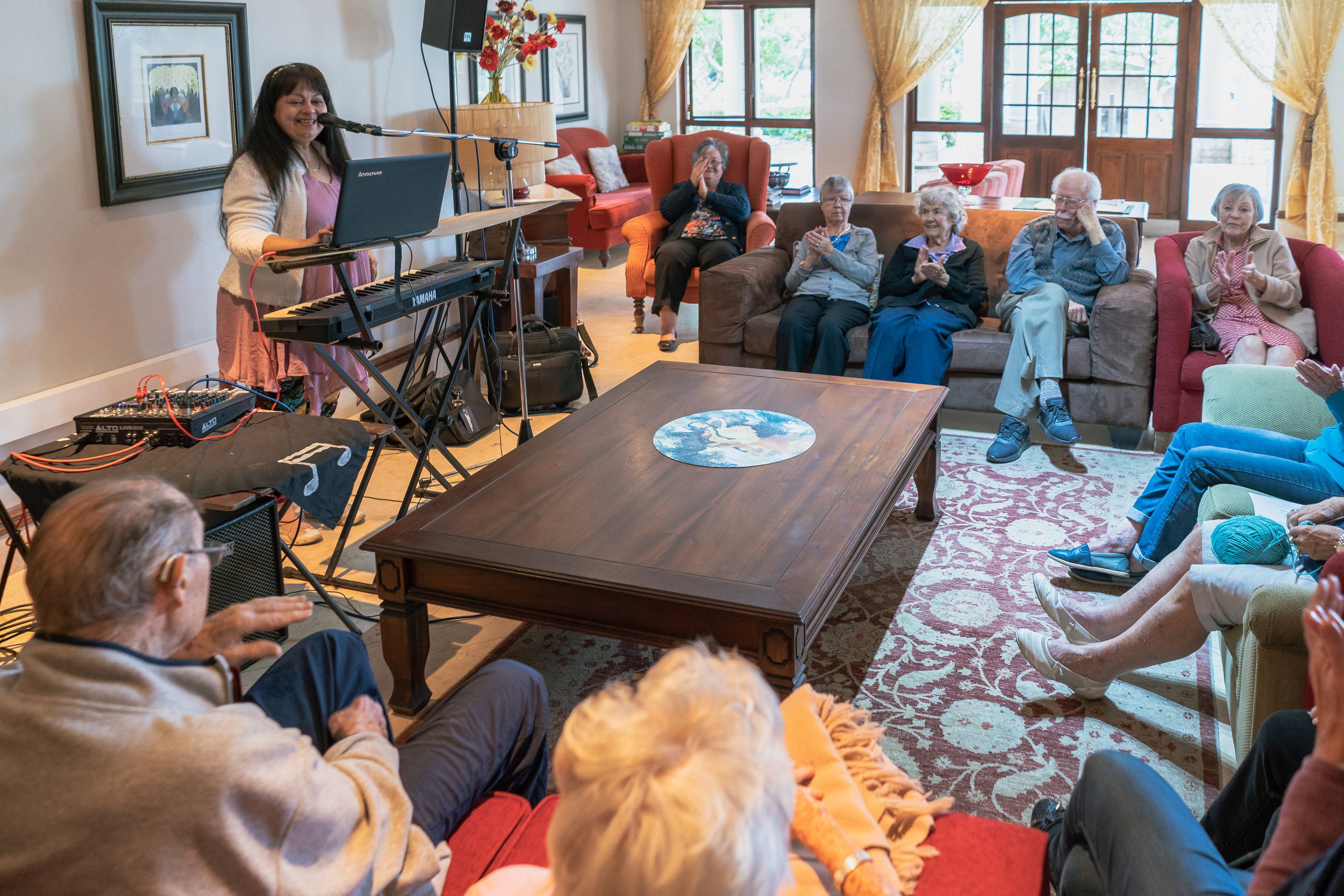The healing power of music
“Where words fail, music speaks.”
Music has a way of touching the heart like no other form of art. It can transport you to beloved memories and lift your spirit from the depths of despair. It connects your mind and body to deep emotions in a soulful expression that can brush aside rainy days and fill you with hope. As Elton John says, music has healing power. It has the ability to take someone out of themselves for a few hours. The universal power of music to express and outwork emotions is increasingly being used in therapy. No matter your age, personality or musical ability, music can offer you comfort and joy. For many of our elder loved ones, chronic illness is a fact of life that can’t be escaped. It is a reality that must be managed with lifestyle choices and therapies that empower and provide well-being. One of these therapies is music.
What is music therapy?
Music has an ability to bring people together and bridge social divides. For this reason, music therapy is most commonly a group session led by a musician and therapist. The therapist guides the participants through an enjoyable musical journey that includes activities like creating music, singing along, moving to the rhythm and listening. It meets the emotional, physical and cognitive needs of the elderly with a refreshingly joyful approach, empowering them to face the difficulties ahead. Participants are encouraged to connect and share the experience with each other, making friends and socialising along the way.
How does it work?
Music therapy is not just about emotional well-being. It stimulates cognitive function and memory with outstanding results. Participants use both short-term and long-term recall during the activities while learning new skills. This has a positive effect on speech, assisting non-verbal participants to express through humming and singing. Furthermore, it assists with physical rehabilitation and movement facilitation through the natural expressions of dance and rhythm. Our response to rhythm is directly governed by the motor centre of the brain which requires no cognitive processing. This makes it a powerful tool in the treatment of Alzheimer’s and dementia. Research has shown that even during late stages of Alzheimer’s and dementia, participants have a strong physical response.
Beyond the physical and mental, music therapy lowers stress and increases participants well-being, joy and ultimately, quality of life.
Music therapy at Le Domaine Care
At Le Domaine Care, we are proud to offer musical therapy on a regular basis to our residents. Led by a variety of talented musical specialists, the joyous sounds of singing and musical instruments resound through our halls. We believe in the healing power of music because we experience the benefits regularly.
If you would like your loved ones to join the music therapy group, please contact us so we can make the necessary arrangements. They might surprise you with a few new musical skills during your next visit!

